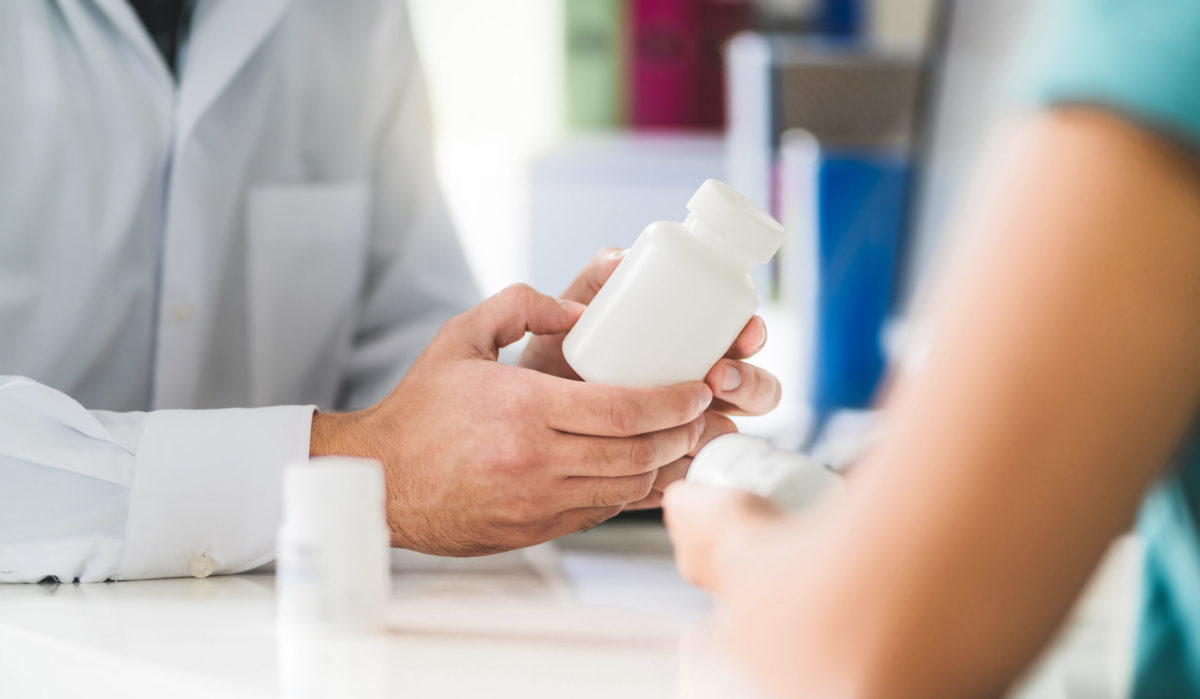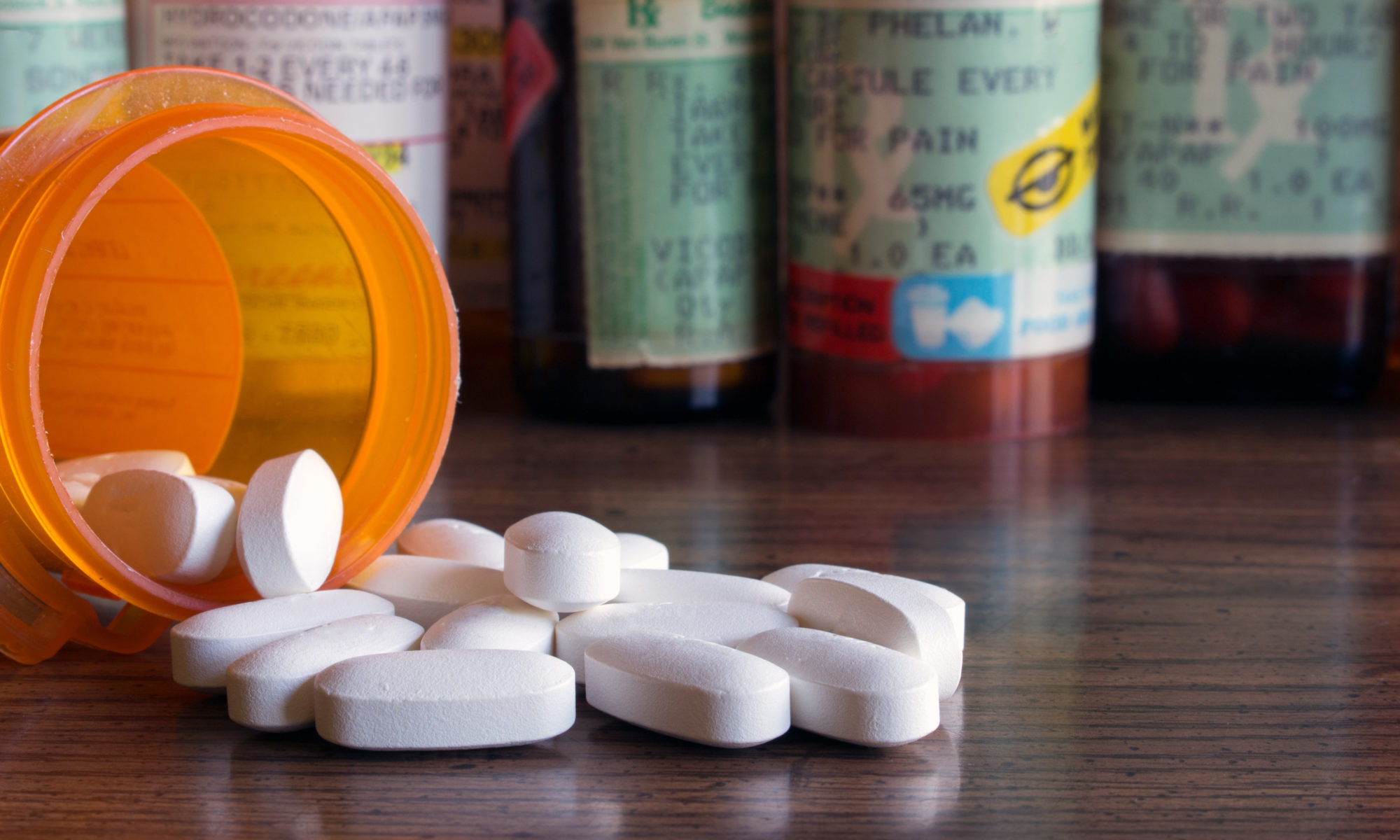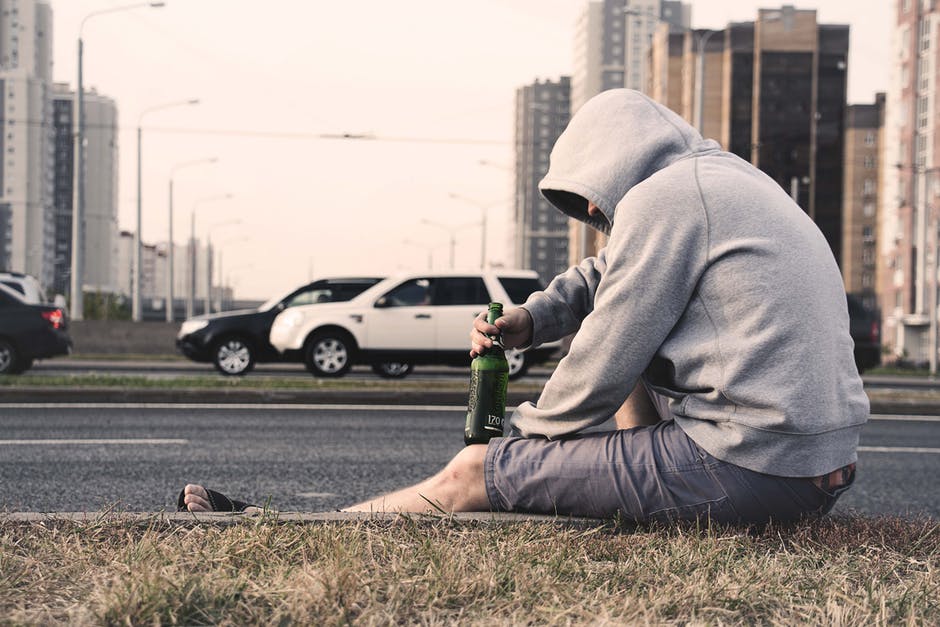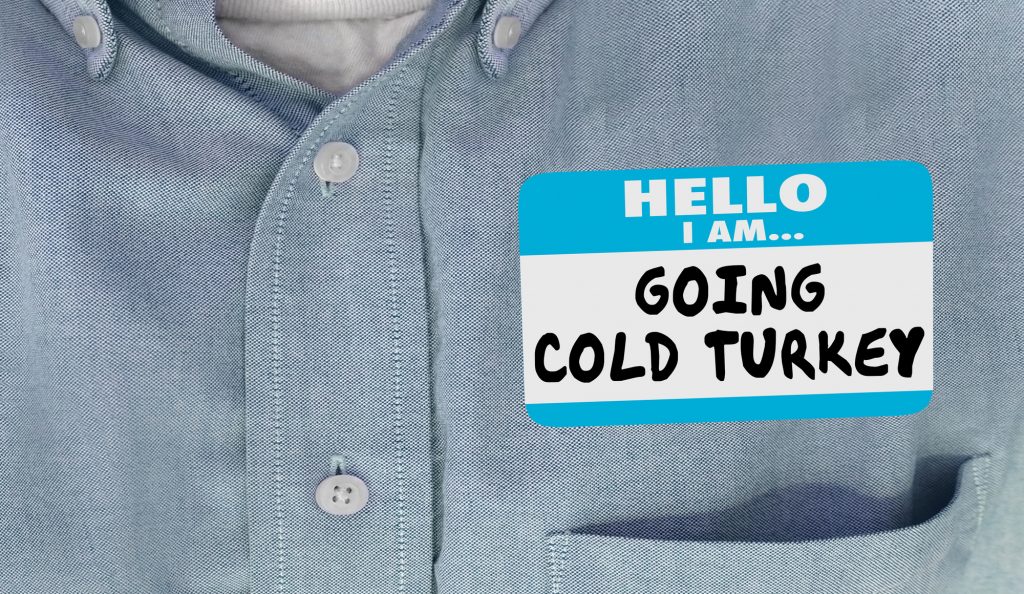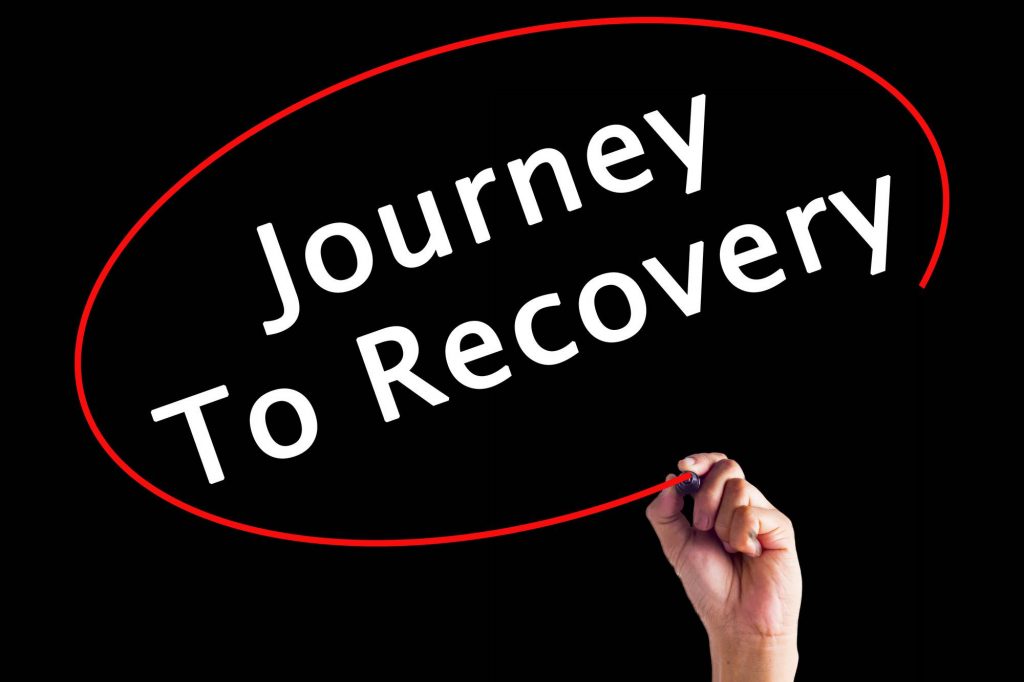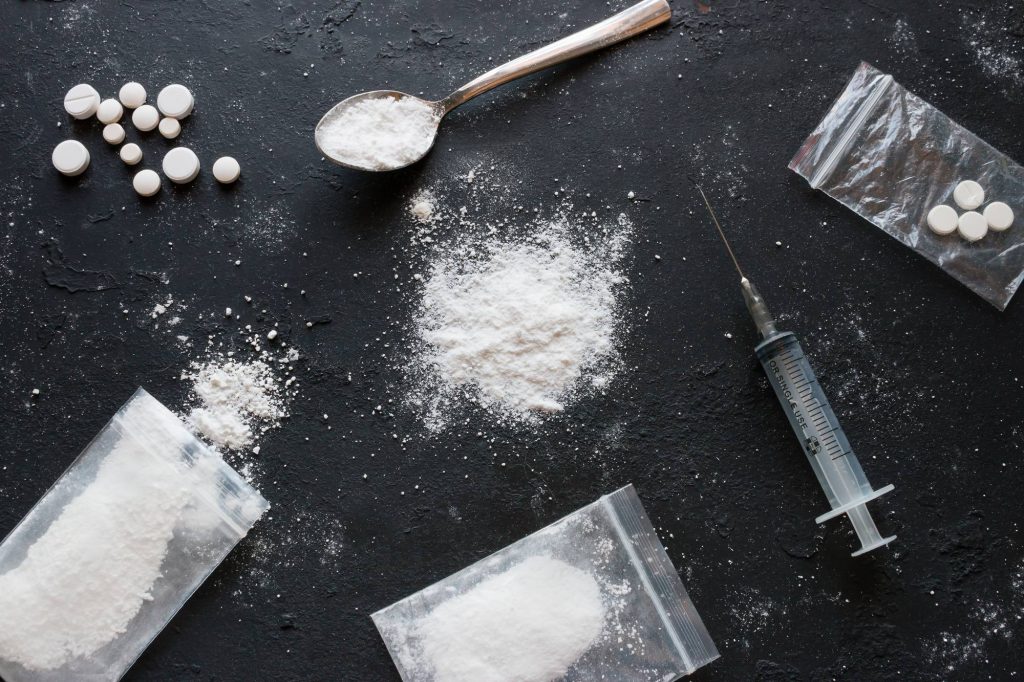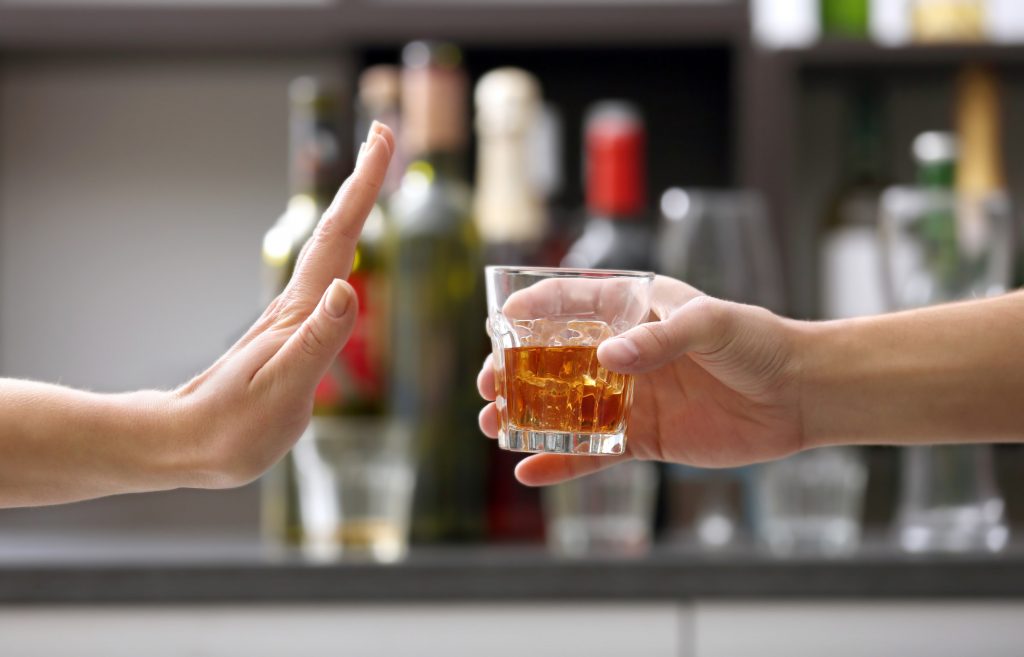Evidence-Based Care in Luxury Settings
If you are starting your journey to sobriety, you may want to consider enrolling in a luxury detox center. This is the name for a drug or alcohol detoxification program that provides added amenities. Extra comfort during the recovery process may seem unnecessary. However, when facing the challenging task of halting substance use, even small benefits can go a long way.
No matter how many amenities are available in detox, you must also have expert medical care. Today, there are evidence-based methods for detoxing from all major substances. Use of these methods keeps you safe during your treatment. It also increases the odds that you will successfully complete detox and continue your recovery. For this reason, the best luxury treatment centers near you will feature evidence-based care.
Why Is Detox Necessary
If you are addicted to drugs or alcohol, your brain has undergone some significant changes. First, you have become physically dependent on the substance that is causing you problems. This means that your brain has come to rely on its presence. You have also become psychologically dependent. This means that you have lost control over some of your behaviors. As a result, you compulsively seek out sources for more drugs or alcohol.
At this stage, you cannot halt your substance use without facing certain physical and emotional effects. Together, these effects are known as substance withdrawal. Each major substance category produces its own typical withdrawal symptoms. For example, someone withdrawing from alcohol may experience things such as:
- An anxious, depressed or agitated mental state
- Nausea
- Muscle tremors
In a worst-case scenario, you may also experience:
- Major or grand mal seizures
- The dangerous state known as delirium tremens, or the DTs
In contrast, someone withdrawing from opioid drugs or medications may experience symptoms that include:
- Cramping or achy muscles
- Stomach cramps
- Repetitive yawning
- High output of mucus, sweat and tears
In all forms of withdrawal, you may also feel the psychological effects of intense substance cravings.
The symptoms of drug or alcohol withdrawal may be mild, moderate or severe. Even at their mildest, the feelings you experience may tax your ability to cope. And if you go through moderate or severe withdrawal, the challenge of coping will only grow. Many people find it impossible to deal with their symptoms on their own. In the absence of professional help, they abandon their quest for sobriety and return to substance use.
In some cases, the effects of withdrawal may do much more than make you fell uncomfortable or emotionally distressed. In fact, certain forms of severe withdrawal can endanger your life. That is especially true for people heavily addicted to alcohol or tranquilizers.
For all of these reasons, there is a pressing need for supervised substance detox. In a supervised program, you do not have to go through withdrawal on your own. Instead, you benefit from:
- The oversight and care of trained medical professionals
- A safe and supportive treatment environment
- Expert help in dealing with the effects of withdrawal
- Immediate assistance for treatment complications and emergencies
These benefits make it much easier for you to quit using drugs or alcohol. They also help ensure your health and well-being throughout the withdrawal process. And in an emergency, supervised detox could very well save your life.
Standard Supervised Detox Vs. a Luxury Detox Center

Standard Programs
Today, there are well-established guidelines for effective drug and alcohol detox. These guidelines state that detox has three main goals:
- Evaluating your situation and choosing an appropriate detox option
- Stabilizing you while you go through drug or alcohol withdrawal
- Getting you ready to enter a rehab program after you complete detox
All high-quality programs follow these basic principles. This is true for both standard detox facilities and a luxury detox suite. In addition, all effective rehabs customize their treatments to meet your unique needs. This customization takes two main things into account:
- The specific substance you are addicted to
- Any personal details that may have an effect on your treatment
Such details include the severity of your withdrawal symptoms. They also include your medical history.
All customized detox programs include something called supportive care. This is the name for the basic steps taken to protect and nurture your health during withdrawal. Common supportive actions include:
- Taking steps to keep your vital functions stay in a healthy range
- Providing you with healthy food and any necessary supplements
- Maximizing your general comfort throughout withdrawal
There are also additional treatments available for withdrawal from certain substances. For example, people detoxing from alcohol may receive a tranquilizing medication. People detoxing from opioids commonly receive a temporary dose of a safer opioid substitute. This approach is used to protect you from experiencing severe opioid withdrawal while proceeding toward sobriety.
Luxury Detox Centers
The steps taken to support and help you in standard detox are extensive. Still, some people choose to enroll in a luxury rehab instead. Why? Luxury treatment centers near you go beyond the basics of standard care. They do so by adding perks or amenities to their range of services. The specific perks and amenities available to you may vary from center to center. However, the list of options often includes such things as:
- A spa-like environment
- Spacious, private rooms or suites
- Made-to-order food
- Private dining
- Expansive, landscaped grounds
- Scenic locations
- A secluded treatment setting
- Extensive recreational programs
Complementary treatments are also common at a luxury detox center. Examples of such treatments include:
- Acupuncture or acupressure
- Yoga therapy
- Massage
- Meditation
- Art therapy
- Herbs
- Music therapy
Why Go to a Luxury Detox Center
There are multiple reasons why you might choose a luxury detox center over a standard program. Sheer comfort sits high on the list of motivations for many people. That may seem unnecessary or even indulgent, but in fact, it can be quite practical.
Comfort and stability are known to be beneficial for people withdrawing from drugs or alcohol. That is true because the more comfortable you are, the easier you may find it to stick with substance detox. In turn, by making it easier to stick with detox, you make it more likely that you will complete the process.
Completion of detox is vital. Why? That is the only way to fully prepare yourself for enrollment in primary substance treatment. By maximizing your level of comfort, a luxury detox center may ultimately increase your odds of achieving lasting sobriety.
But comfort is not the number one motivation for everyone in luxury treatment centers near you. Some people choose luxury detox because of the privacy it provides. In some cases, increased privacy is just a personal preference. However, in other cases, it may be essential to protecting your job, relationships or personal reputation.
You may also be motivated by dietary considerations. Some people do not focus too much on food and will not mind eating a standard diet. In contrast, others are food-centric. If that is true for you, eating tasty meals that suit your preferences may be a major perk.
Complementary treatments are important to many people entering detox. These treatments are not designed to replace your main detox plan. Instead, they work alongside that plan. The general goal of complementary care is to add an extra boost to your health and well-being. By doing so, this care may put you in a better position to cope with the rigors of substance detox. And even small increases in your coping ability can benefit your overall detox results.
Where Can You Find a Luxury Detox Center
There is a pretty good chance that you will find luxury treatment centers near you. This is especially true if you live in a mid- to large-sized metropolitan area. A quick Internet search will give you a good idea of your basic options. But before you begin your search, you should keep a couple of things in mind.
First and foremost, luxury alone is not enough to help you make it through substance withdrawal. You also need effective, evidence-based treatment provided by skilled experts. It is the combination of these two things that makes a luxury detox center truly valuable. For this reason, focus on find a luxury detox center that follows current, recommended detox guidelines.
It is also important to know that not all luxury treatment centers near you will provide detox services. Instead, some centers only offer primary substance treatment. This means that you will have to go through detox at another facility. You may find it more convenient to find a luxury center that provides both detox and treatment services.
Learn More About Luxury Detox Centers
Luxury detox treatment may play a vital role in helping you halt your substance use. This is crucial to know, since most people with drug or alcohol problems never seek expert care. The availability of a luxury option may be just want you need to begin breaking the painful cycle of addiction.
Want to learn more about what to expect from luxury treatment centers near you? Contact Best Rehabs In Arizona today. We are more than happy to help guide you toward options that suit your particular needs. Best Rehabs In Arizona also offers well-appointed detox services for all kinds of substance problems. At all times, we combine evidence-based medical care with close attention to your comfort and well-being. In this way, we help you overcome the many challenges of quitting drugs or alcohol. Best Rehabs In Arizona is also your source for customized, evidence-based primary treatment.







